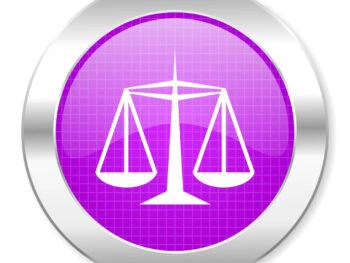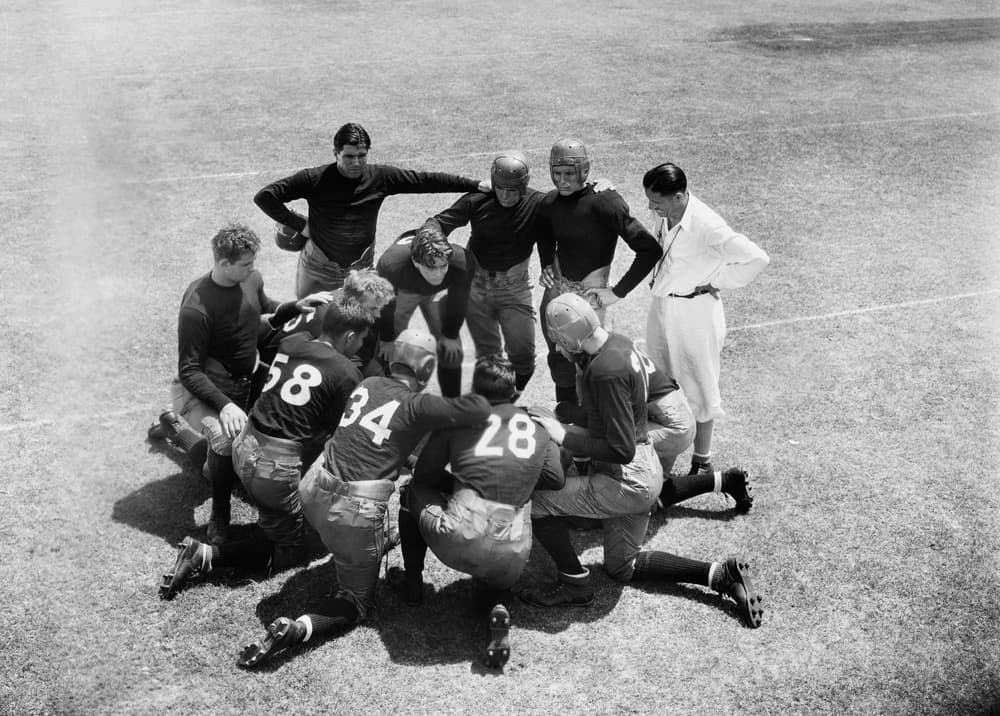Reducing costs is challenging when it comes to mental health workers’ comp claims. This is based on a number of different factors that separate these claims from common physical ailments and injuries. In order to be successful in reducing workers’ compensation program costs, members of the claim management team need to take extra steps in determining liability and making sure the claim is properly defended if there is a dispute regarding causation, and reasonableness and necessity.
Understanding Mental Health Workers’ Comp Claims
Workers’ compensation laws originally covered only physical injuries. As social norms changed, so did the concept of what constitutes a “personal injury.” As laws developed, mental health workers’ comp claims gained acceptance and allowed employees to receive wage loss and medical benefits for claims that did not involve traditional physical injuries.
The laws in jurisdictions vary, so it is important to understand how the law applies, the required standards and medical support necessary for a mental health workers’ comp claim to be found compensable. There are two general categories of mental injuries claims:
- Physical/Mental Injuries: This injury originates with a physical injury (specific incident or workplace exposure), and morphs into a psychological and/or psychiatric claim. Common examples include an aggravation and/or acceleration of an underlying condition that is worsened as the result of the physical trauma.
Click Link to Access Free PDF Download
“How Do I Get My Adjusters To Follow My Account Handling Instructions?”
- Mental/Mental Injuries: This is an injury that results from work-related mental stress or stimulus that produces in many cases symptomology or ailments deemed to be compensable. An early example of this type of claim comes from Wisconsin where students at a high school demanded a guidance counselor be removed from her position. The counselor developed a severe neurosis tension state that was eventually determined to be compensable. School District No. 1, ILRC, 62 Wis. 2d 370, 375, 215 N.W.2d 373, 376 (1974). Compensability in other instances has included cases where the employee merely observed someone else being injured at work. International Harvester v. LIRC, 116 Wis.2d 298, 341 N.W.2d 721 (Wis. Ct. App. 1983).
Determining Issues of Compensability
It is important to note the legal standard for these types of injuries varies. There are common themes that run through statutes supporting these types of claims that a member of the claim management team must keep in mind when making determinations of compensability and whether denying the matter is appropriate:
- Whether the mental condition arose from a situation greater than the “day-to-day” emotional stress one would otherwise experience;
- Whether the alleged mental condition really exists based on objective medical evidence; and
- Whether the workplace exposure or conditions as compared to everyday life is a substantial contributing factor in the mental health condition and/or disorder.
Some jurisdictions require additional medical evidence to support a claim for a mental health injury. Examples of this include a requirement the mental diagnosis must be given by a licensed psychiatrist or psychologist, and/or meet the described criteria found in the Diagnostic and Statistical Manual of Mental Disorders (DSM). Limitations can also be placed on these claims if the underlying condition is the result of disciplinary action, work evaluation, job transfer, layoff, demotion, promotion, termination, retirement or other good faith actions of an employer.
Special Considerations When Investigating Mental Health Workers’ Comp Claims
Like physical injuries, psychological and/or psychiatric claims require members of the claims management team to investigate the “mechanism of injury” when determining issues of initial compensability and reasonableness/necessity of claims. This includes:
- Obtain a complete set of medical records for the employee and make additional inquiries regarding medical care and treatment related to the employee’s mental health and any history of family/personal counseling;
- Investigate treatment for chemical dependency issues. This should not be limited to the employee, but members of their immediate family; and
- Reviewing issues concerning other factors that may impact the alleged injury and time off work. Factors to consider include periods of unemployment, bankruptcy, gambling problems, and other financial losses.
Conclusions
Issues concerning mental health will continue to dominate workers’ compensation claims as we learn more about it and its impact on one’s well-being. The result is members of the claim management team will need to better understand how it can impact a claim and seek to run a better program to control costs.

Author Michael Stack, CEO Amaxx LLC. He is an expert in workers’ compensation cost containment systems and helps employers reduce their workers’ comp costs by 20% to 50%. He works as a consultant to large and mid-market clients, is a co-author of Your Ultimate Guide To Mastering Workers Comp Costs, a comprehensive step-by-step manual of cost containment strategies based on hands-on field experience, and is founder & lead trainer of Amaxx Workers’ Comp Training Center.
Contact: mstack@reduceyourworkerscomp.com.
Workers’ Comp Roundup Blog: https://blog.reduceyourworkerscomp.com/
©2019 Amaxx LLC. All rights reserved under International Copyright Law.
Do not use this information without independent verification. All state laws vary. You should consult with your insurance broker, attorney, or qualified professional.


















